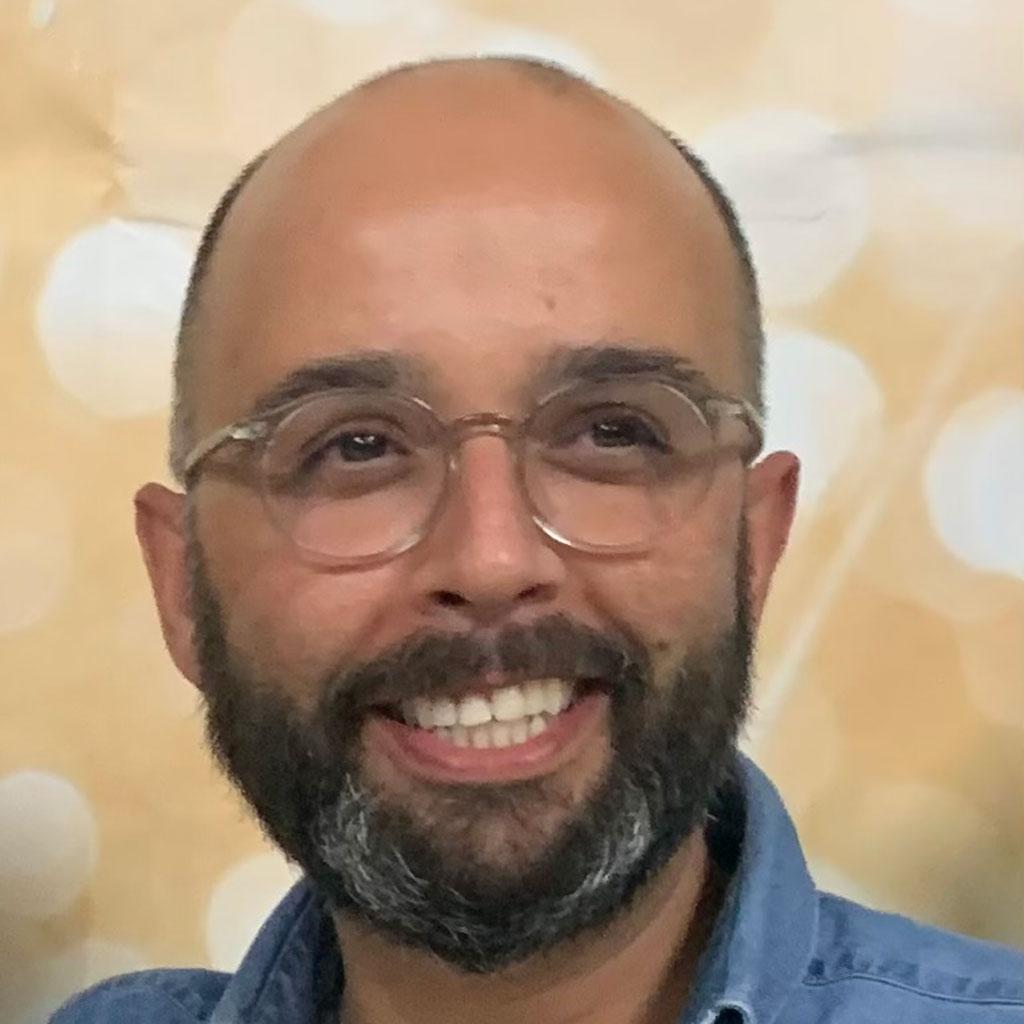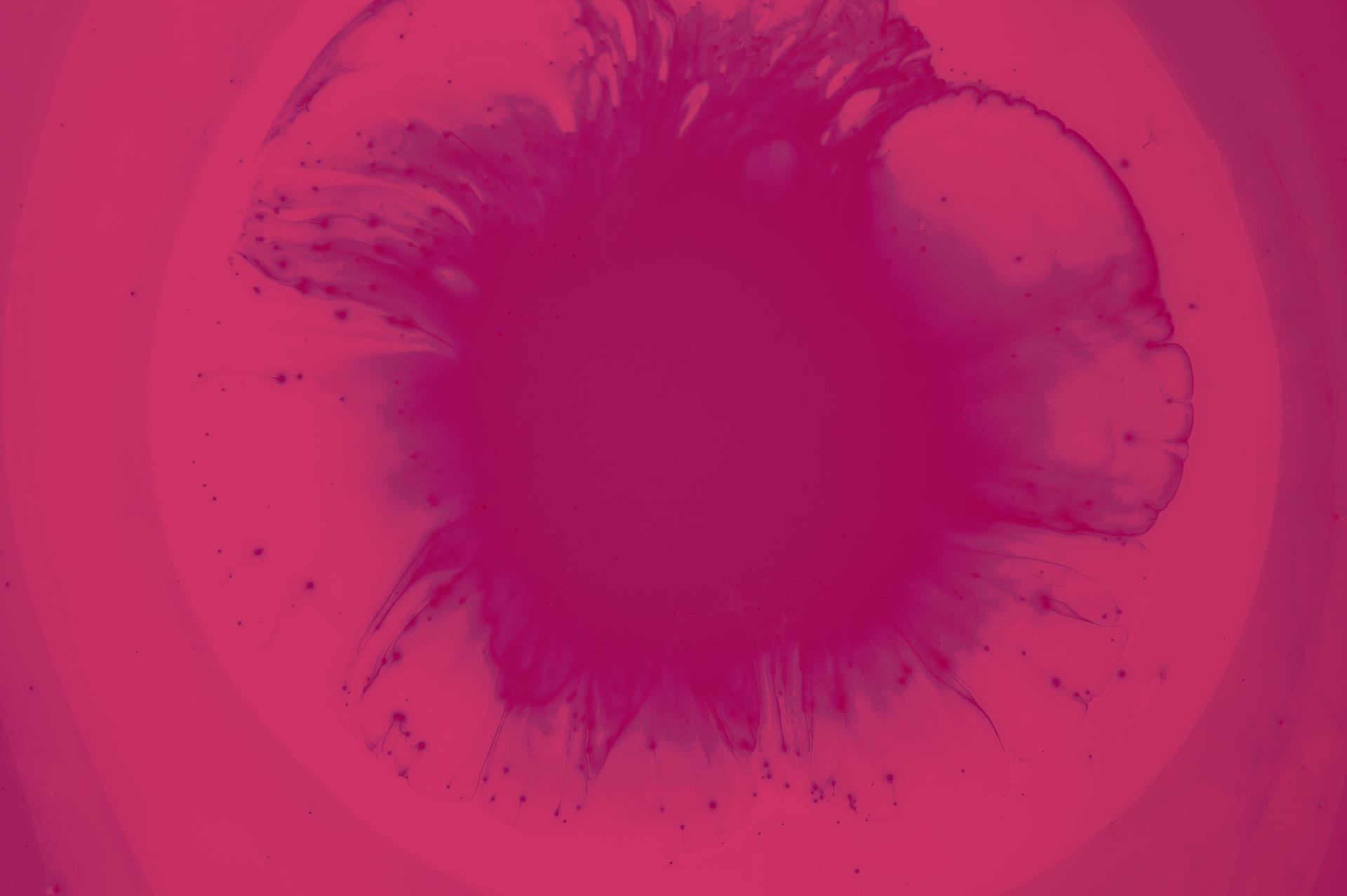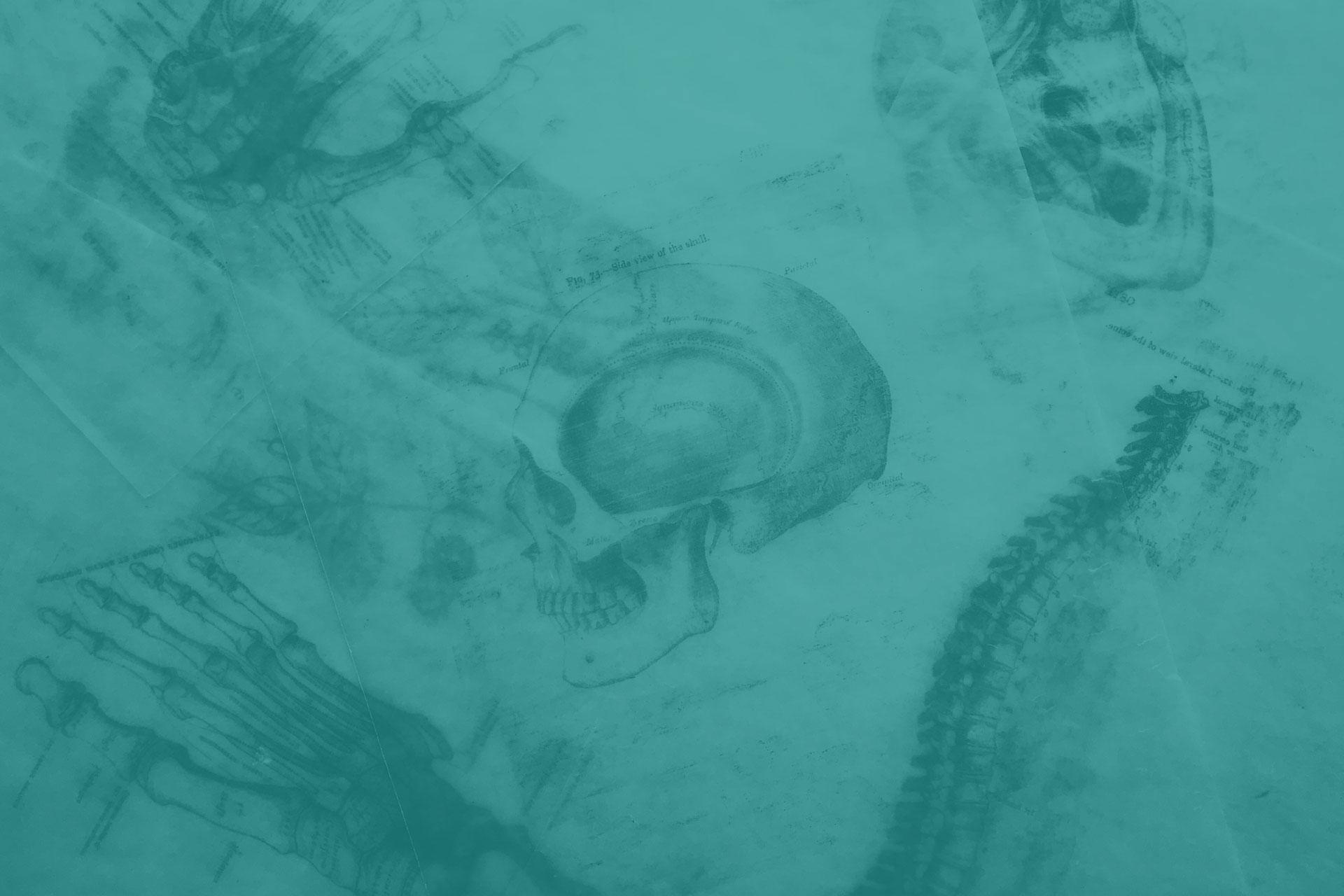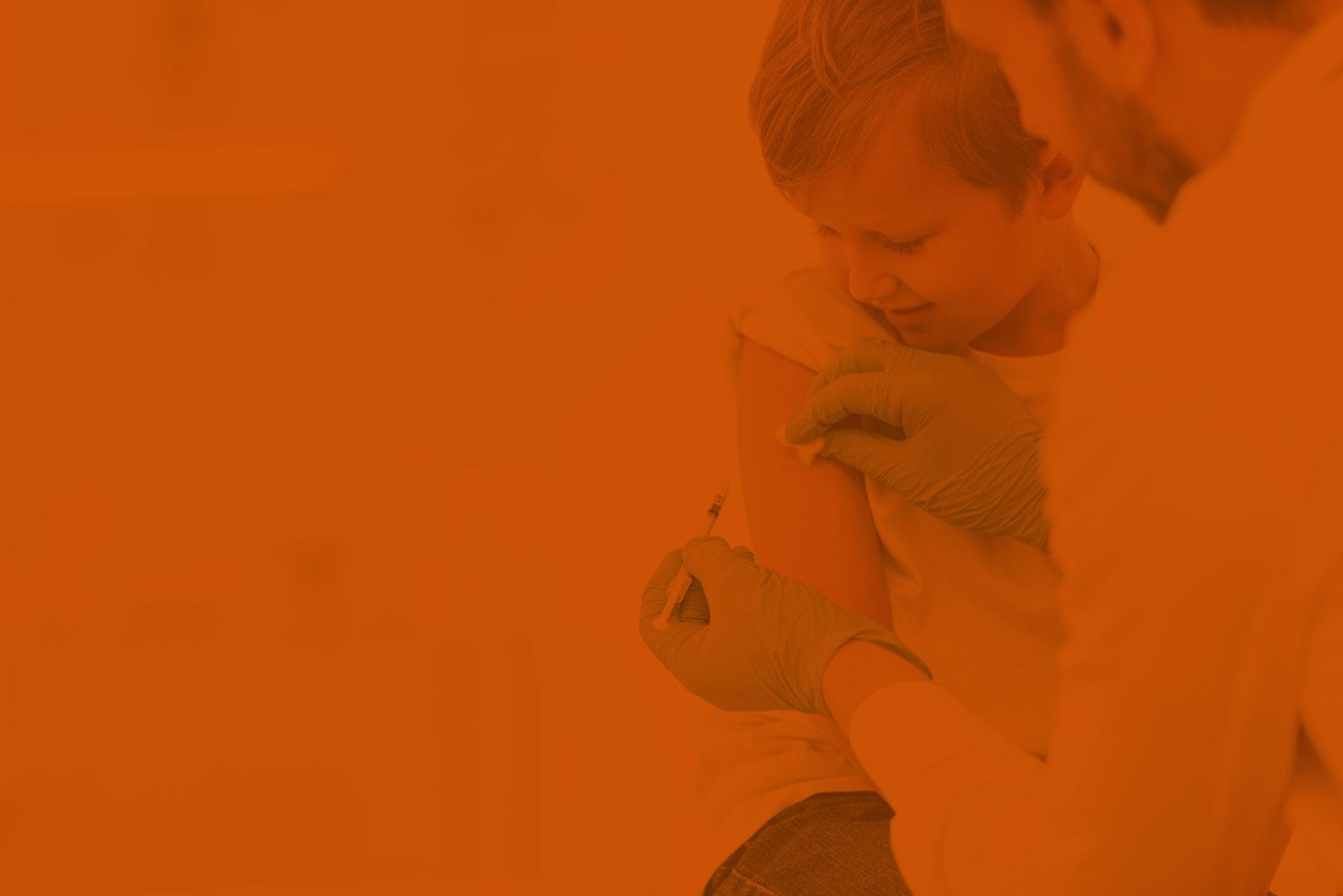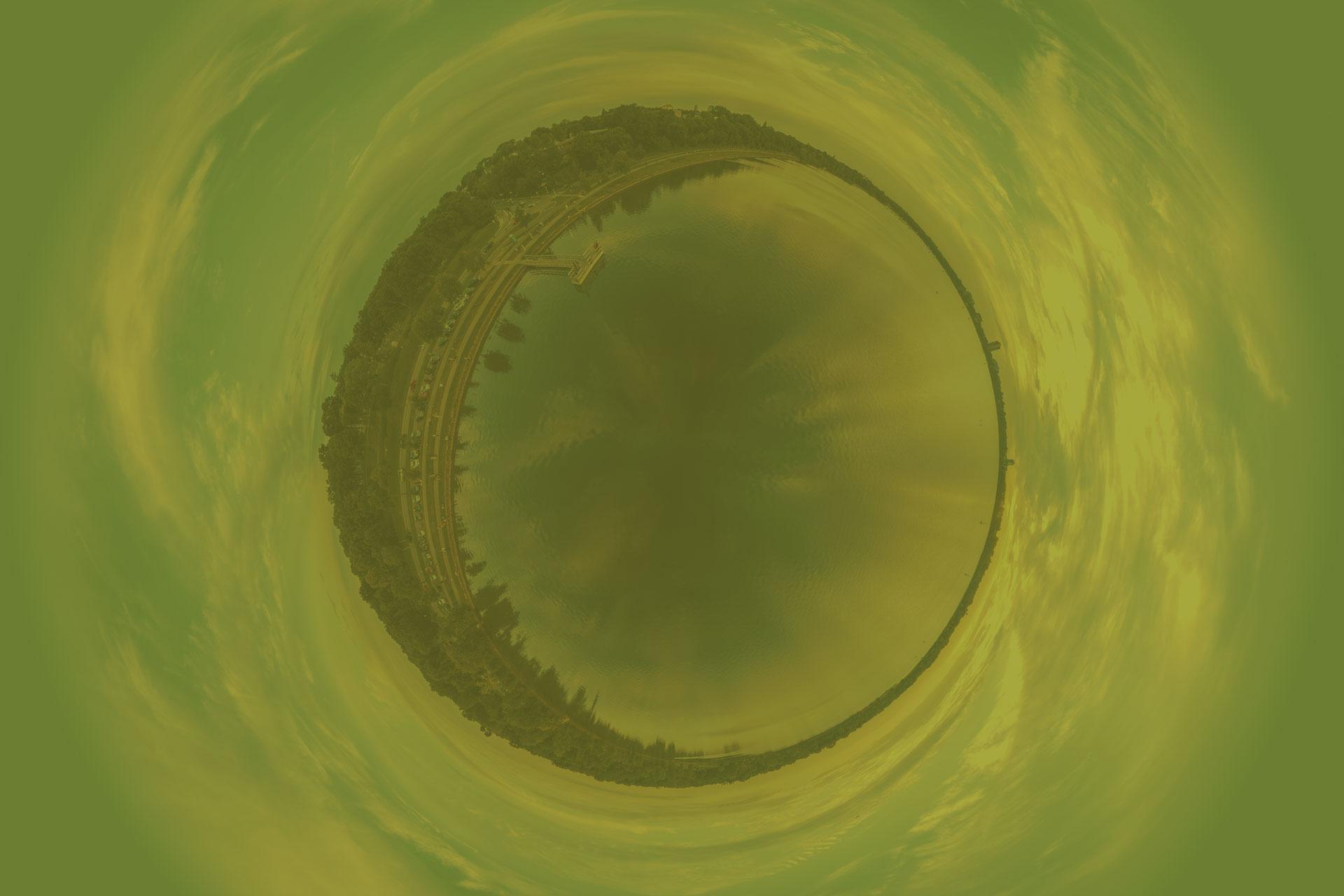The Past Cultures and Populations (PCP) group is the branch of CIAS that connects the past to the present. The cutting-edge research led by the PCP team members is highly oriented to the advancement of the theoretical and methodological corpus in the fields of Biological Anthropology, Bioarchaeology, and Forensic Anthropology.
By adopting biocultural and diachronic perspectives, researchers analyze human remains from different chronological and geographical contexts aiming at a broader understanding of how past humans and communities interacted with each other and with their environment, and how major demographic, epidemiological, cultural and socioeconomic changes impacted on human health and lives. PCP group also develops methods to estimate the biological profile (sex, age, stature, population affinity), provides operational definitions for the paleopathological diagnosis of ancient diseases, and uses a wide range of techniques and analytical methods to understand the role of sociocultural and environmental factors influencing changing patterns of diet, mobility and disease over space and time.
The Coimbra Identified Skeletal Collections as well as the human skeletons from archaeological contexts, both curated by the University of Coimbra, play a key role on the scientific activities led by researchers of the PCP group.
The PCP group team is also involved in the excavation of human skeletal remains from archaeological contexts and studies of funerary practices, including cremations, collective burials, graves goods, skeletal preservation and taphonomy. PCP group has a wide range of academic and non-academic partners and provides training for undergraduate and graduate national and international students.
